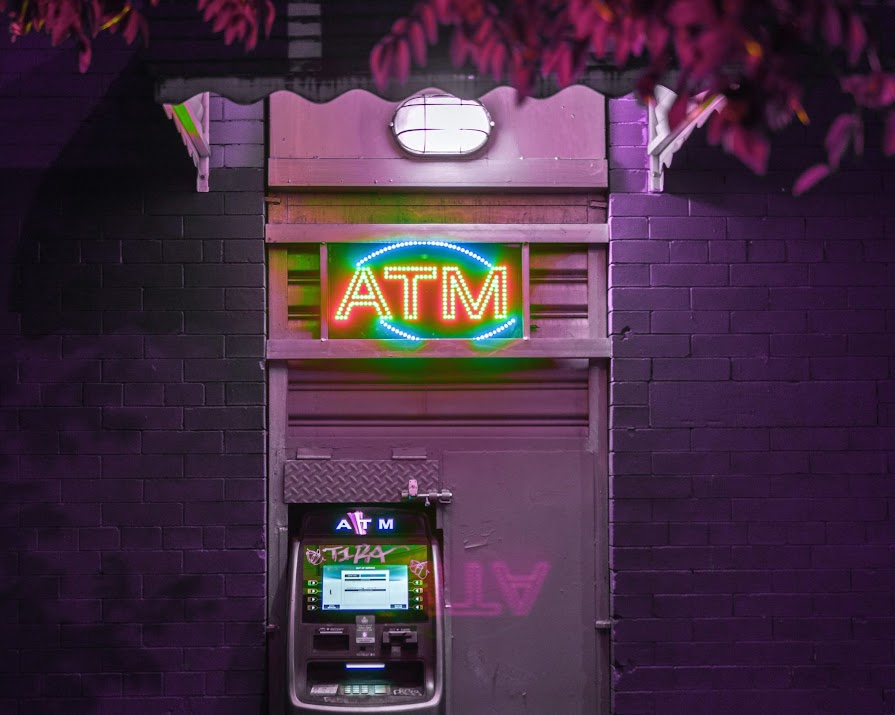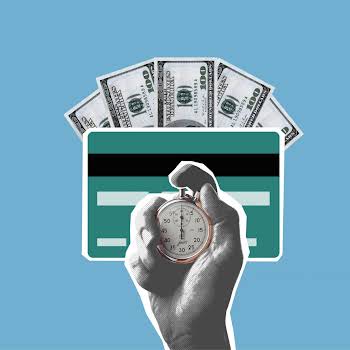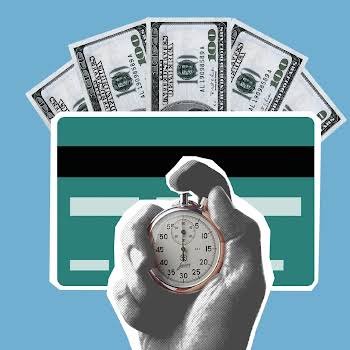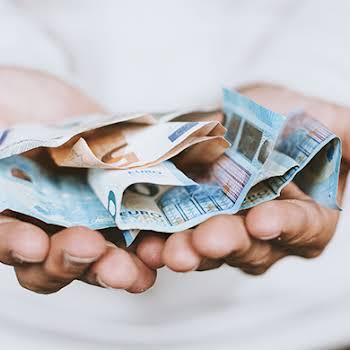
By Jennifer McShane
07th May 2020
07th May 2020
We know it’s an unsettling time in the world. The pandemic means the landscape of what we thought we knew in terms of money and finances has dramatically shifted; wages have been cut, hours reduced. We know some normality will resume, but we don’t know when and this means we have to shift our attitudes towards money until then, because thanks to the pandemic, nothing is certain in that regard. However, there are some positives. Many of the women I spoke to were using this time to save more, spend more on family and friends and treat themselves in ways they might not have before. Here’s how their spending patterns have shifted
Emergency Fund
“I lost my job almost immediately when the coronavirus hit and it’s taught me (the hard way) the importance of having a buffer or emergency fund,” explained Aoife, a freelance graphic designer from Cork. “I always tried to save a bit as I’m self-employed but I had nowhere near enough to tide me over for months after losing all my work – and I know now if I’d been smarter I wouldn’t be as anxious as I am now.
“We could never have imagined this would hit, but it goes to show how no industry escapes a pandemic – it’s taught me to take a long, hard look at my attitude to money and my spending habits – so much was spent on wasteful things like clothes bought for something down the line and never worn – I never want to be in this situation again.”
Related: The best Instagram accounts to follow to help you save money
Saving
“I’ve been a mix of all those different categories — I handed in my notice at my job before Ireland went into lockdown (in hindsight, not my best move) and so I’m trying to save for the weeks ahead,” says Keeley, a journalist in Dublin.
“But I’m also finding my anxiety at an all-time high — and some of the online sales have been very tempting, especially after we cancelled our holiday last month and I had a bit of extra cash. So I’ve bought some comfort items/splurged a little bit, supporting local or independent businesses when I still could.
“I’ve also been trying to order gifts for my loved ones back home. My parents live in Canada and most of my extended family are healthcare workers, so being this far away from everyone at the minute has been rough (like it is for most people), so I’m trying to send them things to brighten their day where possible/let them know that I’m thinking about them.”
Save now, spend later
IMAGE’s Contributing Features Editor Meg says she’s trying her best to save bar extra groceries and bills, but knows this may not necessarily help when the pandemic passes. “Grocery spend has doubled with four people at home all day (plus we’re buying a smidgen more wine than usual). Not spending on anything else bar bills. I anticipate a huge spend when this is over as things are breaking and we can’t get them repaired/replaced til this is over.”

Hitting the (virtual) sales
Three women I spoke to said they were spending more than they would usually shopping online, but this was on items they had seen full price and now bought on sale. “For me, it’s comfort-buying as well as bagging a bargain,” says Naoise who works in technology in Dublin. “It eases my anxiety a bit because we can’t do anything or see people.
“While my purchases are thought out, I also know I’ll (hopefully!) never be in this situation again and usually, I feel guilty for spending a penny. So this is a change from that!”
Home renovations
Often, money isn’t the sole reason to incite change but you may spend in other areas as you adjust to a new day-to-day. “Lots of home and renovation items are my priorities,” explained Nataliya, an editor based in New York City. “I started tackling projects around the house and buying things like paint, fixtures, wallpaper, organising bins, etc. It’s my natural response so that I feel in control.”
Changed shopping habits
Shopping local to support small businesses during Covid-19 and sending loved ones gifts are two reasons that featured heavily. “It’s online clothes shopping that has got to me!” explained Paris, a photography graduate based in the UK. “That, and also buying presents for my loved ones — but from independent shops at least! The clothes shopping is out of boredom, but the gift-buying for family is out of the worry of not knowing when I’ll see them next!”
General money worries
Four women contacted me to say they were spending nothing at all due to having extreme anxiety about finances due to losing work. They each said that even if they had regular work, the fact that Covid-19 has been so sudden and changeable means that they’d be cautious about spending anything, in case they had no work in a month. “All I know is that I have work for now,” says Sarah in Wexford. “And I’m grateful, don’t get me wrong, but there’s no guarantee I’ll have it in two weeks. It’s made me feel I shouldn’t spend anything because who knows how long this could go on for?
“That’s what’s been hardest for me: not knowing when even the worst of this will be done. It’s such a worrying time for everyone.”
Photographs: Unsplash
Read more: Feeling the pinch? Try our 30-day money-saving challenge
Read more: How to talk to your partner about money (and yes, you really need to)
Read more: In your 40s and worried about money? Read this






















